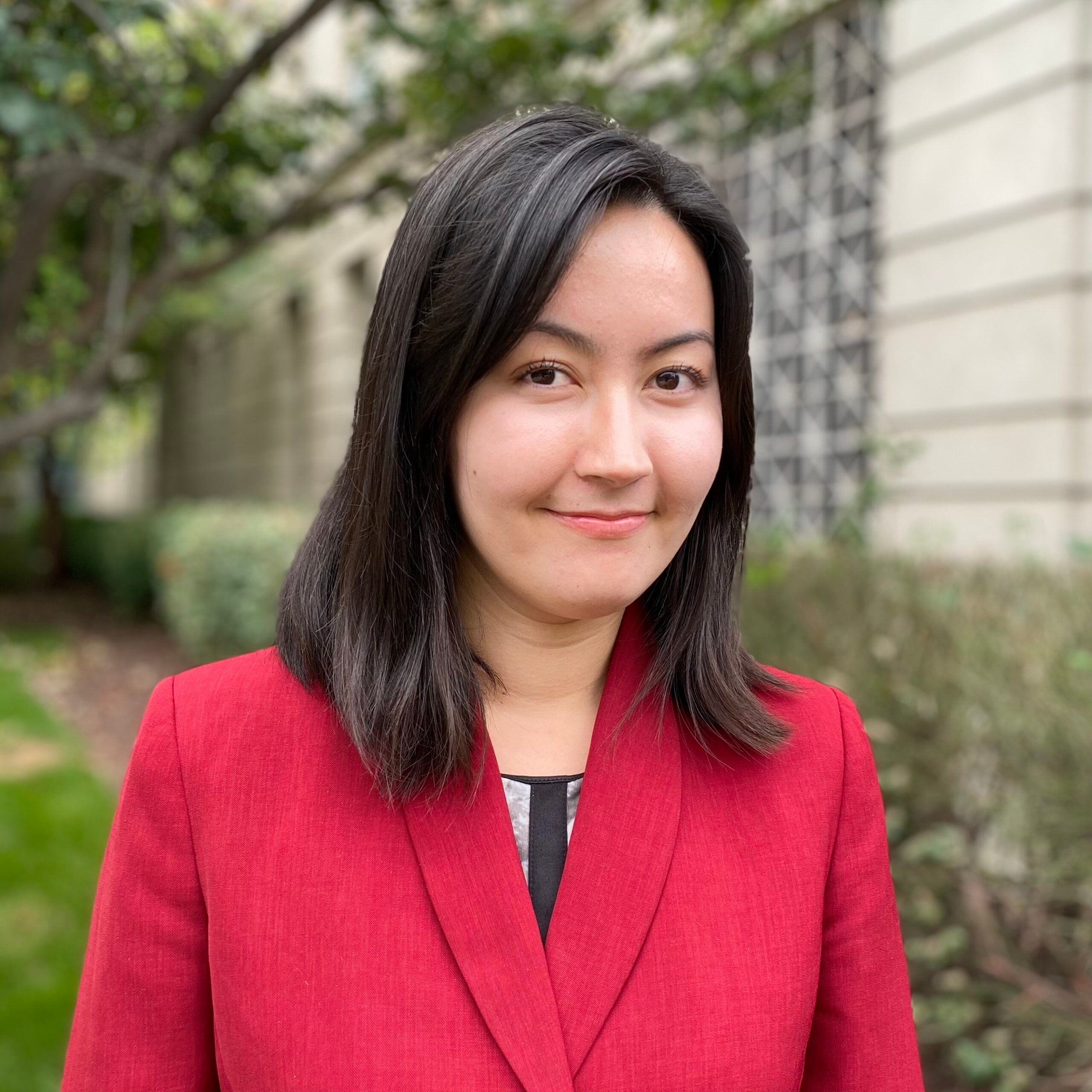Dahlia Peterson was the State Department Fellow at Georgetown University’s Center for Security and Emerging Technology (CSET). In her previous role as Research Analyst at CSET, her research work focused on how China harnesses predictive policing algorithms and facial, voice, and gait recognition technologies for AI-powered surveillance programs within its own borders and abroad. At CSET, she also studied how China is developing its artificial intelligence education and workforce pipelines. Her work has been published by the Brookings Institution, The Diplomat, The Hill, The National Interest, and Routledge. She has been quoted in The Wall Street Journal, The Atlantic, and WIRED, among others. Prior to joining CSET she worked for the U.S.-China Economic and Security Review Commission, the U.S. State Department’s Virtual Student Federal Service, and the Foreign Commercial Service at the U.S. Embassy in Beijing. She holds a B.A. in Economics and Chinese Language with a minor in China Studies from the University of California, Berkeley and an M.A. in Security Studies from Georgetown University.
Related Content
Demand for talent is one of the core elements of technological competition between the United States and China. In this issue brief, we explore demand signals in China’s domestic AI workforce in two ways: geographically… Read More
Dahlia Peterson’s Testimony Before the U.S.-China Economic and Security Review Commission
February 2023CSET Research Analyst Dahlia Peterson testified before the U.S.-China Economic and Security Review Commission at a hearing on "China’s Challenges and Capabilities in Educating and Training the Next Generation Workforce."… Read More
U.S. policies on artificial intelligence education and the AI workforce must grow, cultivate, attract, and retain the world’s best and brightest. Given China’s role as a producer of AI talent, understanding its AI workforce could… Read More
In her coauthored report, CSET Research Analyst Dahlia Peterson offers recommendations for democratic governments and civil society to rein in the unchecked spread and use of surveillance technology. Read More
In an opinion piece for The National Interest, Research Analyst Dahlia Peterson argues why the United States and its allies should levy Magnitsky sanctions on Chinese AI surveillance giant Hikvision for its role in Xinjiang. Read More
In an opinion piece for The Hill, CSET's Kayla Goode and Dahlia Peterson urge the United States to adopt AI education if it wants to compete with China's AI talent. Read More
CSET Research Analyst Dahlia Peterson unpacks China's use of data fusion in its surveillance programs and policy implications. Read More
A globally competitive AI workforce hinges on the education, development, and sustainment of the best and brightest AI talent. This issue brief compares efforts to integrate AI education in China and the United States, and… Read More
A globally competitive AI workforce hinges on the education, development, and sustainment of the best and brightest AI talent. This issue brief provides an overview of the education systems in China and the United States,… Read More
Since the mid-2000s, China has consistently graduated more STEM PhDs than the United States, a key indicator of a country’s future competitiveness in STEM fields. This paper explores the data on STEM PhD graduation rates… Read More
To reduce its dependence on the United States and its allies for semiconductors, China is building domestic semiconductor manufacturing facilities by importing U.S., Japanese, and Dutch semiconductor manufacturing equipment. In the longer term, it also… Read More
Semiconductors are a key component in fueling scientific progress, promoting economic advancement, and ensuring national security. This issue brief summarizes each component of the semiconductor supply chain and where the United States and its allies… Read More
China has built a surveillance state that has increasingly incorporated AI-enabled technologies. Their use during the COVID-19 pandemic has softened the image of China’s surveillance system, presenting unique challenges to preventing the spread of such… Read More
China’s System of Oppression in Xinjiang: How It Developed and How to Curb It
September 2020How should the United States understand and respond to China’s technologically driven mass surveillance, internment and indoctrination in Xinjiang? Dahlia Peterson offers a set of policy recommendations in a coauthored report for the Brookings Institution. Read More
Assessing Chinese Reactions to New U.S. Visa Policies on Chinese Students and Researchers
June 2020This report summarizes Chinese reactions to a May 29th White House proclamation forbidding entry to the United States of graduate students or researchers with past or current affiliations with entities supporting China’s military-civil fusion. It… Read More
The US-China Tech Wars: China’s Immigration Disadvantage
December 2019CSET’s Remco Zwetsloot and Dahlia Peterson examine the U.S. advantage over China in recruiting overseas talent to work in emerging tech. They describe deep-rooted reasons for the differences – and the way the United States… Read More

